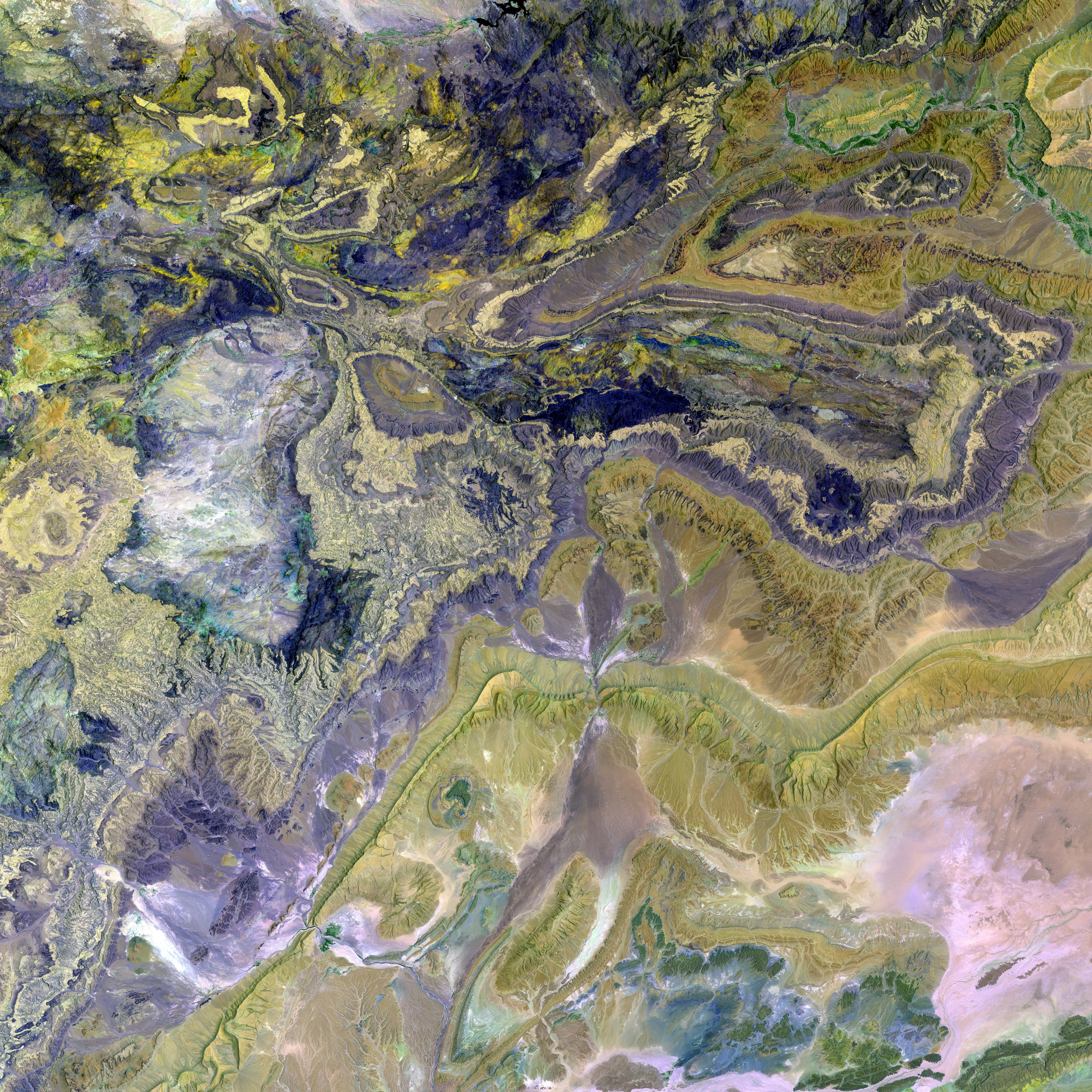Economic growth in Russia decelerating, according to Rosstat's reports
Rethinking Russia's Economic Pulse
There's a definitive chill in Russia's economic vibe, with its growth rate taking a nosedive, as per a report published by Rosstat on May 16.
The country's Gross Domestic Product (GDP) grew a mere 1.4% in the first quarter of 2025. This disappointing figure represents a significant drop from the 4.5% growth in the preceding quarter and a 4% dip compared to the same period last year, as reported by the Moscow Times, citing Rosstat data.
The numbers came in below expectations; the Russian Economic Development Ministry had predicted GDP growth at 1.7%, while Bloomberg analysts had anticipated a 1.8% increase.
An executive from Gazprombank, Russia's third-largest bank (currently saddled with sanctions), termed Rosstat's data as a sharp deceleration in the economy's momentum, according to local media. In comparison, the economy shrank by 0.4% compared to the previous quarter—the first such contraction since 2022, as confirmed by Raiffeisenbank.
Poring over the reasons behind this economic downturn, analysts point fingers at Central Bank policies, sanctions, supply bottlenecks, and rampant inflation. To add fuel to the fire, "the situation is further complicated by low oil prices," Raiffeisenbank analysts warn, as oil and gas earnings plummeted by 10% between January and April.
Notably, a recent report from the Stockholm Institute of Transition Economics (SITE) suggested that the Kremlin's narratives regarding the robustness of Russia's economy are a tad one-sided. In reality, the economy is bearing the brunt of Russia's prolonged conflict in Ukraine and the ensuing Western sanctions.
As diplomatic overtures between Moscow and Kyiv swirl around potential peace treaties, Russia's economy could be in for another shock wave if military spending subsides. Conversely, if negotiations fail, additional sanctions from Europe and the United States could be imposed, further straining the nation's economy.
Digging Deeper:Russia's current economic predicament arises from a variety of factors, such as:
- War-Induced Economic Strain: Russia's economy has long hosted an unsustainable militarization, with defense spending and war-related industries propping up much of the economic activity. This militarization inflated the state's role in the economy, causing inflation, supply difficulties, and an overall GDP slowdown[1][4].
- Shrinking GDP Growth and Economic Contraction: Official Rosstat statistics reveal a decline in GDP growth down to 1.4% in Q1 2025, marking a steep drop from 4.5% and 5.4% in the preceding and same quarters, respectively. The economy's performance even shows signs of contraction with a 0.4% dip compared to the previous quarter[2].
- Sanctions and Supply Chain Hurdles: Western sanctions continue to impede Russia's economy by restricting access to international markets, finance, and technology. Supply bottlenecks also contribute to the economic slowdown[2].
- Persistent Inflation and Stringent Monetary Policy: Although inflation has retreated from peak levels (to around 7.1% in March 2025), it remains elevated, making life tough for regular Russians. Central Bank policies focused on controlling inflation have led to a reduction in the availability of credit for businesses and consumers, further dampening economic activity[2][3].
- Fall in Oil and Gas Revenues: Crude oil and natural gas, significant revenue sources for the state, have seen both prices and exports decrease. Such a dip in revenues from the energy sectors amounted to about 10% in early 2025, reducing the funds available for government spending and economic stimulus packages[2].
- Persistent Challenges: Beyond war-related factors, Russia grapples with long-term structural issues such as unfavorable demographics (shrinking workforce), low investment, shallow productivity growth, and exacerbated labor shortages due to the ongoing conflict[4].
In essence, Russia's economic stumble in 2025 can be attributed to its war-centric economic model running aground amid sanctions, inflation, and underlying structural problems[1][2][4]. Peace deals might trigger short-term economic shocks due to reduced military spending, but ultimately pave the way for moderate recovery. Alternatively, prolonged conflict could lead to a deeper economic dip and intensified sanctions.[1][2][4]
The economic slowdown in Russia is not only influenced by current Central Bank policies and sanctions, but also by the war-induced economic strain that has caused inflation, supply difficulties, and a GDP slowdown. Furthermore, the falling oil prices in the energy sector have resulted in a decrease in government funds available for economic stimulus packages.








